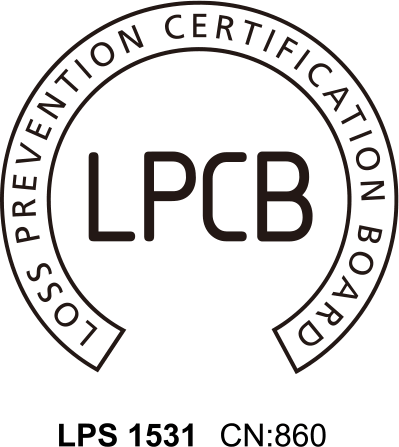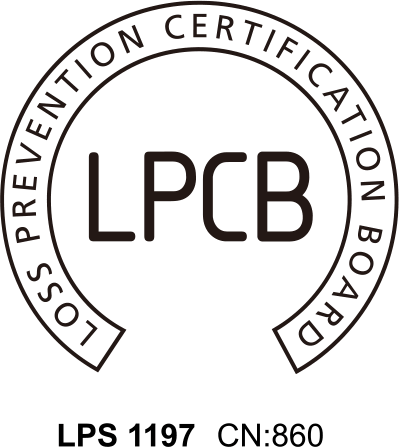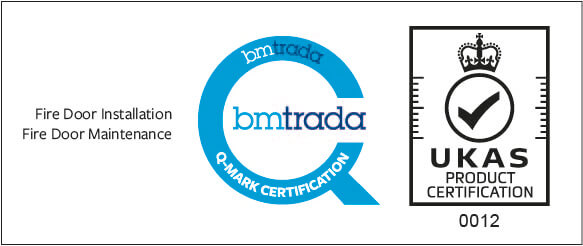Study reveals widespread passive fire protection problems in residential tower blocks
The extent of the passive fire protection remediation work required in England’s social housing stock has been revealed by a new investigation, the findings of which suggest that thousands of families are being exposed to unnecessary risk.

A study by Inside Housing magazine analysed the fire risk assessments for 1,584 residential tower blocks (approximately 40% of the stock of social housing tall buildings) and discovered that major problems with fire doors and compartmentation were widespread.
Broken fire doors or the use of doors that failed to meet the required 30-minute standard were identified in 71% of the buildings, while fire compartmentation breaching holes in walls or ceilings were found in 24% of them.
Debbie Larner, head of practice at the Chartered Institute of Housing, told the magazine:
It is clear from this survey that the scale of the issues we continue to face when it comes to fire safety are significant. It is extremely worrying that a year on from the Grenfell Tower tragedy such a high proportion of the tower blocks surveyed have ongoing issues with fire safety.
The findings of the Inside Housing report are disturbing, not least because of the number of tenants who face heightened risk from fire and smoke spreading quickly through their building in the event of a blaze. The situation also exposes the bodies responsible for the management of those tall buildings to the potential for censure from the Regulator of Social Housing or even prosecution for breaches of fire safety regulations.
However, the results do not come as a complete surprise, given the complexity of the job of maintaining effective passive fire protection in busy tower blocks. Fire doors in corridors suffer from wear & tear, vandalism and damage caused by being jammed open, while general maintenance contractors often inadvertently breach fire compartmentation by drilling through walls and ceilings to complete repairs to services.
Staying on top of these day-to-day issues is a key part of protecting social housing tenants, as a build-up of seemingly minor problems can result in a tower block’s ability to delay the spread of fire being severely impaired. Without the right resources and skills, it can be difficult for councils and housing associations to do this though.
Checkmate Fire offer a range of compliance and remediation services designed to help property managers meet all their legal requirements related to fire safety and, more importantly, keep their tenants safe. They include:
- Fire compartmentation surveys
- Fire door inspections and certification
- Fire stopping remediation and recertification
All our work is third-party accredited to give you confidence that the highest possible standards are being met, and includes the provision of documentation that can be used in asset registers, building maintenance plans and risk assessments.
Contact us for more information about how we could help to improve passive fire protection in your council or housing association’s residential tower blocks.





















